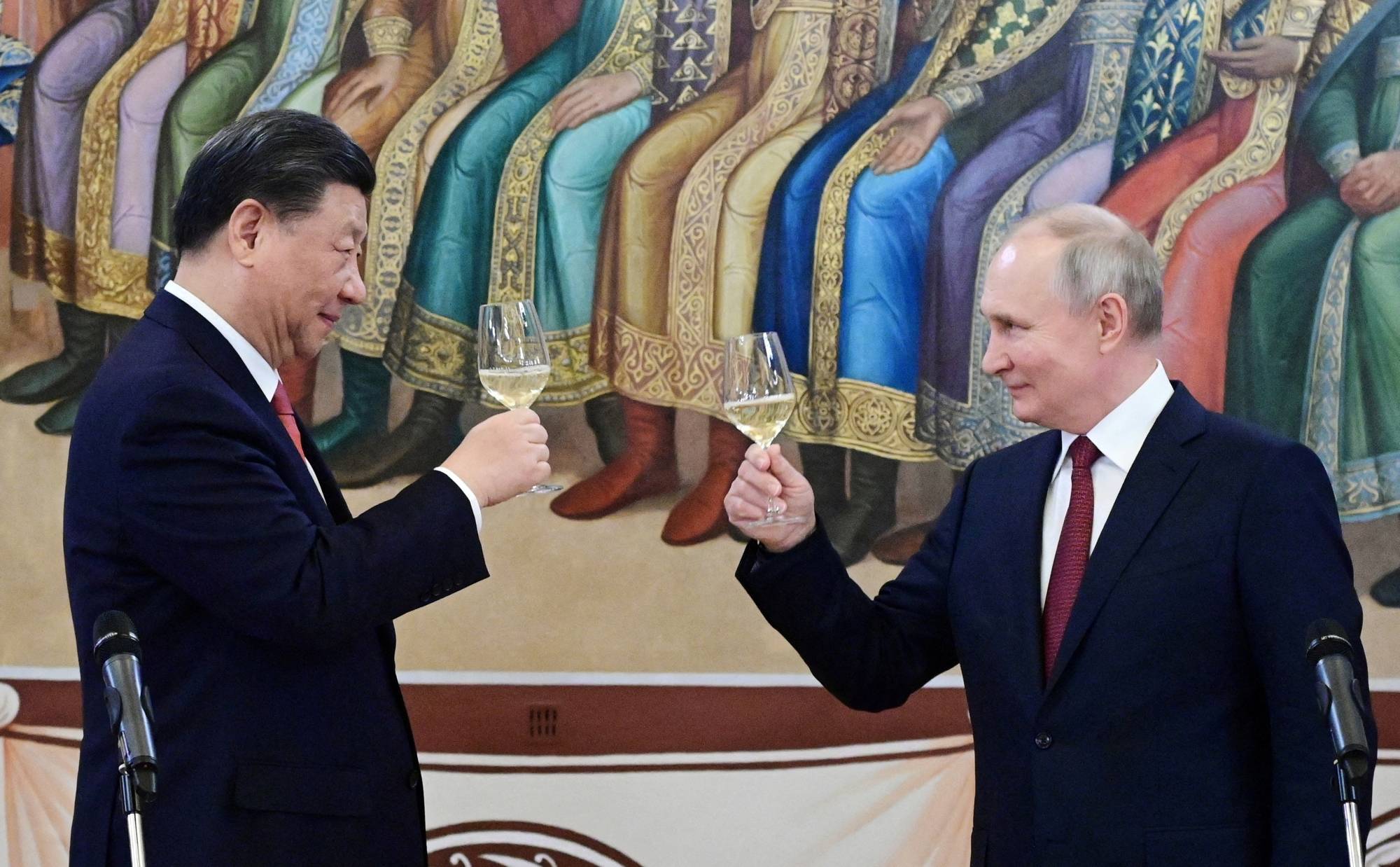The weekend’s brief mutiny against Moscow by the Wagner mercenary group has stoked serious alarm in Beijing, becoming a cautionary tale for China as it bolsters its military muscle with an eye on self-ruled Taiwan.
The armed insurrection ended with Wagner chief Yevgeny Prigozhin effectively exiled to Belarus and his mercenaries halting a planned march on Moscow, but the upheaval — which put Russian President Vladimir Putin on the back foot — highlighted how wartime chaos can weaken powerful leaders.
Considering this, experts have played down the possibility of China’s leaders ordering an attack on democratic Taiwan in the near future.


















With your current subscription plan you can comment on stories. However, before writing your first comment, please create a display name in the Profile section of your subscriber account page.